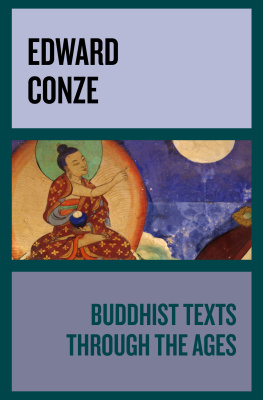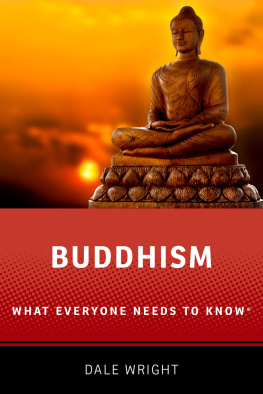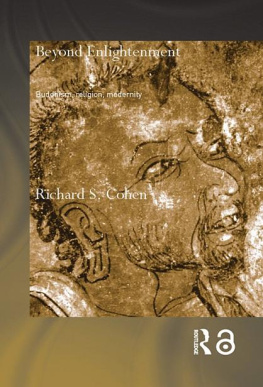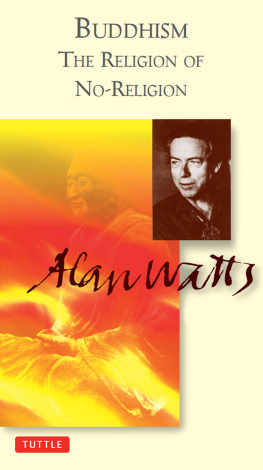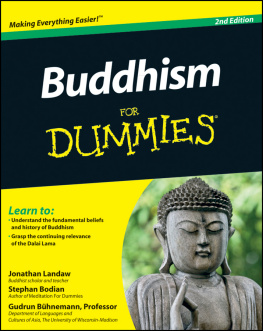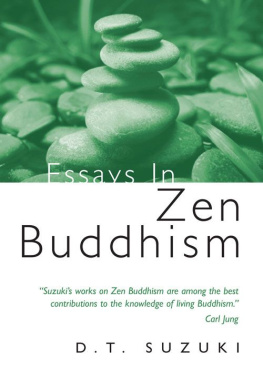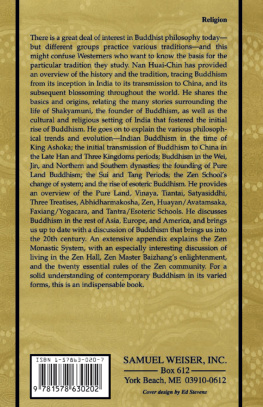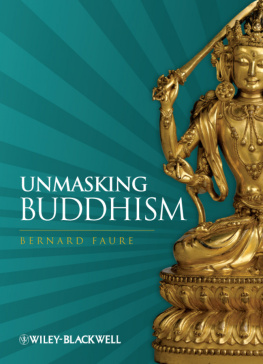


A series edited by Donald S. Lopez Jr.


Edited by Donald S. Lopez Jr.

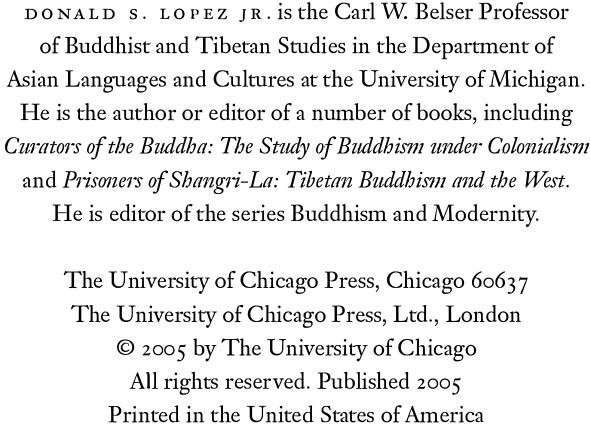
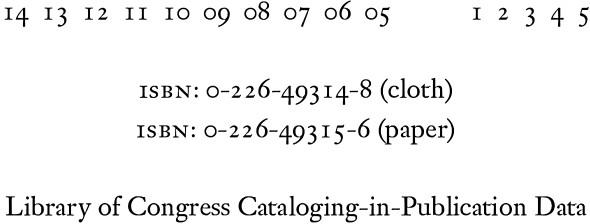
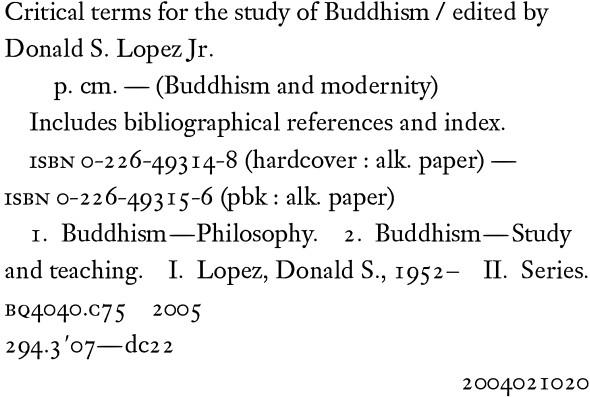



This ancient faith requires a master-hand to open the abstruse phraseology and figurative language under which its philosophical doctrines lie concealed.
-Edward Upham (1829)


Buddhism, perhaps more than any other "non-Western" religion, has long been an object of fascination, both popular and academic. It has been variously represented as a form of idolatry, as an atheistic religion, as a religion of reason, as a religion of science, and as no religion at all. In the nineteenth century, its portrayal as a religion of the individual, free from the constraints of ritual, institution, and a creator deity, made it fashionable to call oneself a Buddhist in London and in Boston. After the Second World War, a particular version of Zen served as the inspiration for the Beat poets. And during the last decade, Tibetan Buddhism, and its foremost representative, the Dalai Lama, has offered a compelling blend of the spiritual and the political to a growing audience that includes college students and movie stars.
But this fascination is a relatively recent phenomenon. European explorers, missionaries, and soldiers had encountered Buddhists for centu ries in all parts of Asia, yet only belatedly came to recognize the religion of these various peoples as somehow the same thing, as something that they would come to call Buddhism. It is the projection of this overarching essence onto various cultural forms ranging across regions, dynasties, and languages that provides a productive entry into questions of how religious identity has been formed by Buddhists and by scholars of Buddhism. The components of this identity are not only points of doctrine but also patrons, places, and portable works of art. The exploration of this identity is one of the aims of the present volume.
Especially over the last century, a particular image of Buddhism took form, one that came to be adopted by Asian Buddhist teachers and their students in the West as well as by some distinguished orientalists. They saw Buddhism as a "world religion" surpassing Christianity in antiquity, number of adherents (whether there were more Christians or Buddhists in the world was a hotly contested issue a century ago) and canonical scriptures, and, according to some, philosophical profundity. This Buddhism has been regarded above all as a religion of reason, dedicated to bringing an end to suffering. It is strongly ethical and is devoted to nonviolence, and as such is a vehicle for social reform. The Buddha himself is represented as the exemplar of these virtues, speaking out against the caste system and the practice of animal sacrifice. It is, however, an atheistic religion because it denies the existence of an omnipotent deity. And because it places a strong emphasis on rational analysis, it is, more than any other religion, compatible with modern science. The essential practice of Buddhism is meditation, with the rituals of consecration, purification, and exorcism so common throughout Asia largely dismissed as late accretions of popular superstition. This Buddhism has been embraced in the West as both an alternative religion and an alternative to religion.
One of the aims of the present volume is to analyze, critique, and explore this image of Buddhism. The essays, ranging widely across geographic regions and historical periods, identify those elements in the history of the development of Buddhism that have lent themselves to persistently being cast as essential to Buddhism, as well as those elements that seem so easily to fade from view despite great historical and social importance. At the same time, each contributor, in his or her own way, signals new directions toward the understanding of Buddhism, taking constructive and sometimes polemical positions in an effort to demonstrate both the shortcomings of widespread assumptions about Buddhism and the potential power of revisioning. The hope is that, by following a variety of disciplinary approaches (including anthropology, literary theory, art history, continental philosophy, and cultural studies) while building upon the philological and archival models that have long been the foundation of the field, this volume will offer resources for the study of Buddhism and resources f -om the study of Buddhism.
Critical Terms for the Study of Buddhism, then, is intended as an introduction to fundamental categories essential for new and nuanced understandings of the Buddhist traditions. Each of the essays provides an opportunity to consider the ways a particular term illumines the practice of Buddhism, in what might be termed "traditional" Buddhist societies as well as in the realms of modernity (terms considered in this volume are in boldface here).
The inhabitants of those worlds include both Buddhists and Buddhologists (as scholars of Buddhism call themselves). One characteristic that these two groups share, especially in the anglophone world, is their tendency not to write for one another. The growing list of publications by Buddhists are often either translations (or retellings) of famous Buddhist texts, or instructions on how to face life, and death, from the Buddhist perspective. The authors are sometimes eminent Buddhist teachers (like the Dalai Lama or Thich Nhat Hanh) or recent converts recounting their experience of the dharma. Regardless of their author, the works are aimed generally at practice and on the Buddha's (or his successors') word. The works of Buddhologists are, obviously, more scholarly in approach, generally seeking to understand a person, a text, an institution, or a doctrine within the context of its history. Buddhists rarely read what Buddhologists write because it seems unnecessarily complicated or disconnected from life's concerns. Buddhologists rarely read what (contemporary) Buddhists write because it seems too simple or too overtly focused upon pedagogy.
Next page

